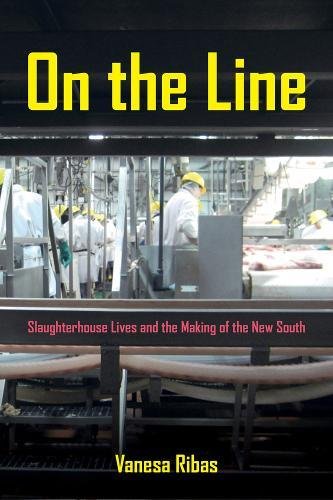
|
|
Product Description
Once America's "arsenal of democracy," Detroit is now the symbol of the American urban crisis. In this reappraisal of America’s racial and economic inequalities, Thomas Sugrue asks why Detroit and other industrial cities have become the sites of persistent racialized poverty. He challenges the conventional wisdom that urban decline is the product of the social programs and racial fissures of the 1960s. Weaving together the history of workplaces, unions, civil rights groups, political organizations, and real estate agencies, Sugrue finds the roots of today’s urban poverty in a hidden history of racial violence, discrimination, and deindustrialization that reshaped the American urban landscape after World War II.
This Princeton Classics edition includes a new preface by Sugrue, discussing the lasting impact of the postwar transformation on urban America and the chronic issues leading to Detroit’s bankruptcy.
Customers Who Bought This Item Also Bought
- Regime Politics: Governing Atlanta, 1946-1988
- The Neoliberal City: Governance, Ideology, and Development in American Urbanism
- Crabgrass Frontier: The Suburbanization of the United States
- Nature's Metropolis: Chicago and the Great West
- American Apartheid: Segregation and the Making of the Underclass
- From the War on Poverty to the War on Crime: The Making of Mass Incarceration in America
- Impossible Subjects: Illegal Aliens and the Making of Modern America - Updated Edition (Politics and Society in Modern America)
- Making a New Deal: Industrial Workers in Chicago, 1919-1939 (Canto Classics)
- Detroit: A Biography
- The Color of Law: A Forgotten History of How Our Government Segregated America
*If this is not the "The Origins of the Urban Crisis: Race and Inequality in Postwar Detroit - Updated Edition (Princeton" product you were looking for, you can check the other results by clicking this link







